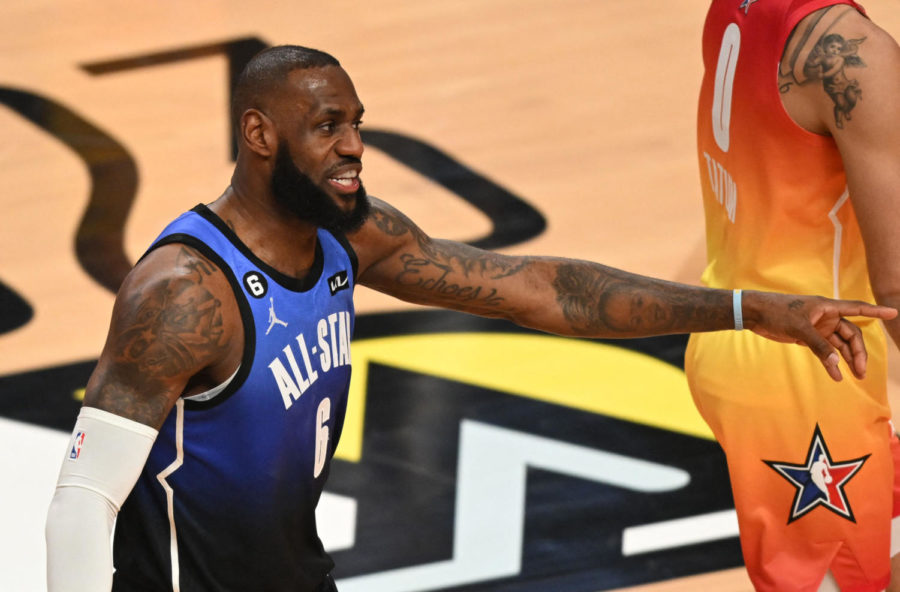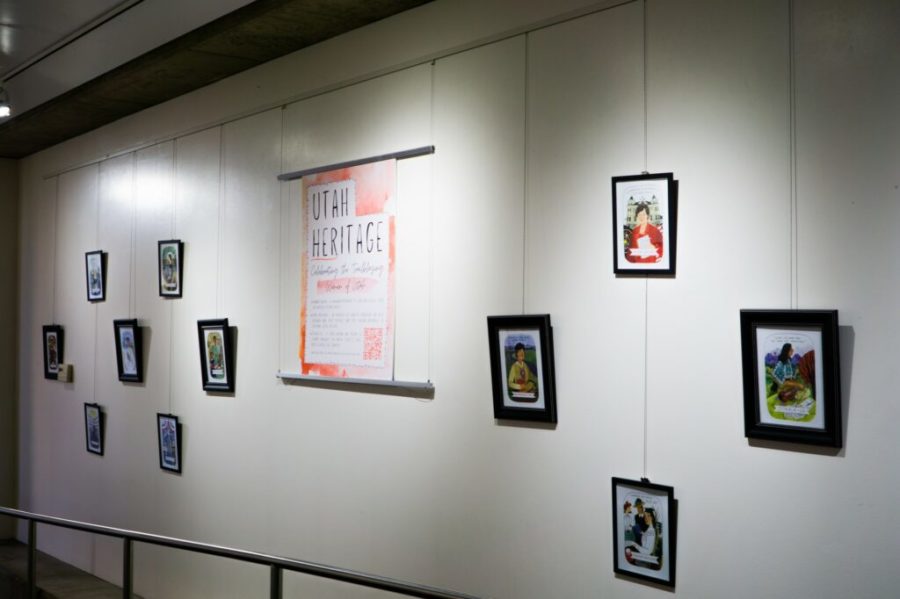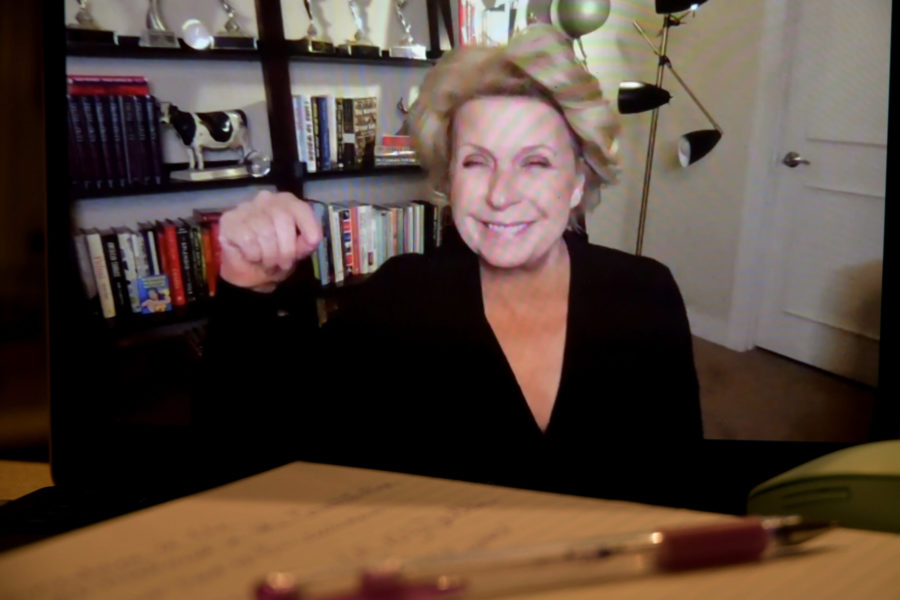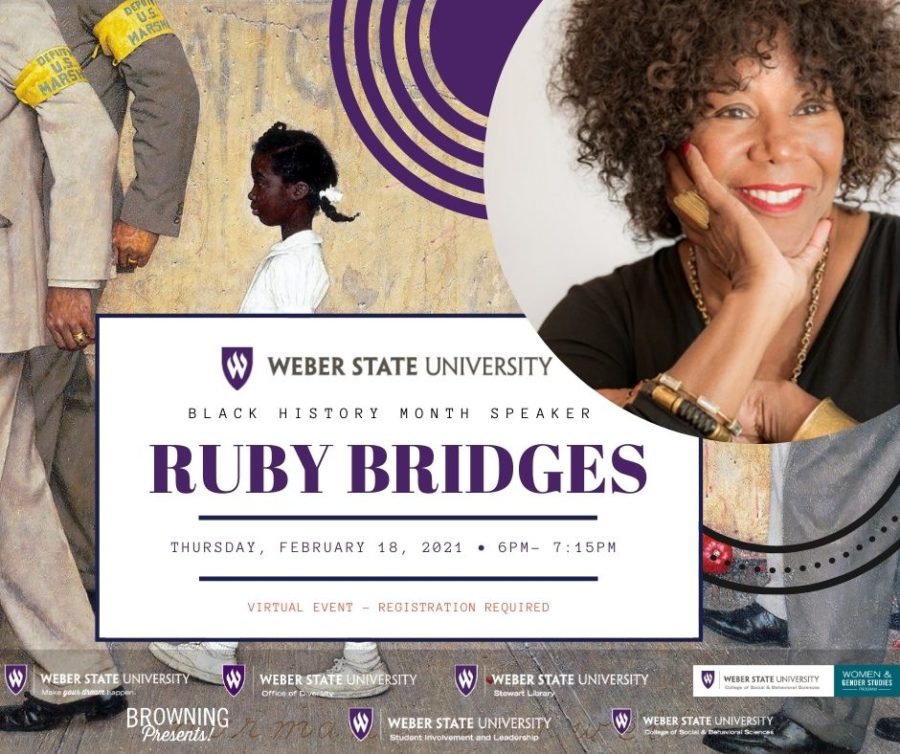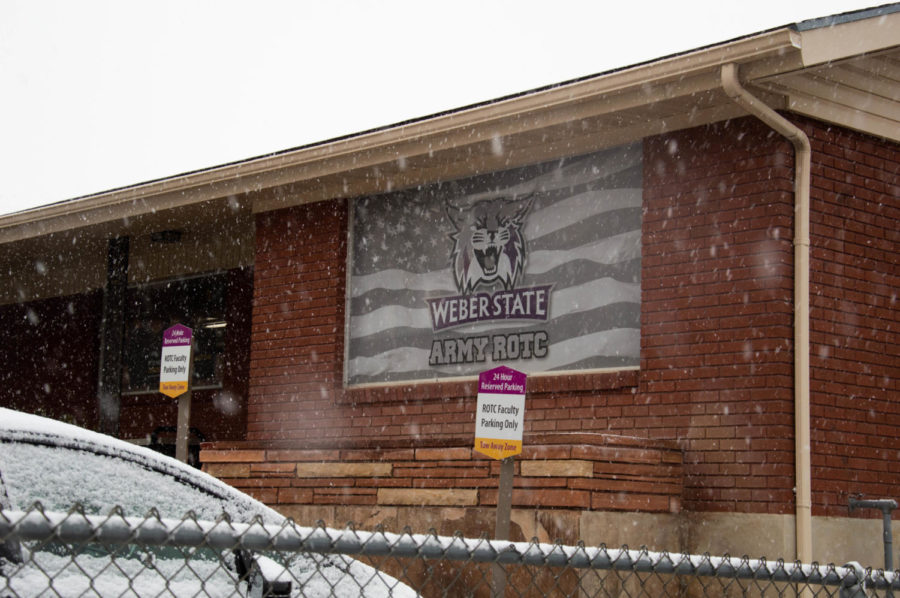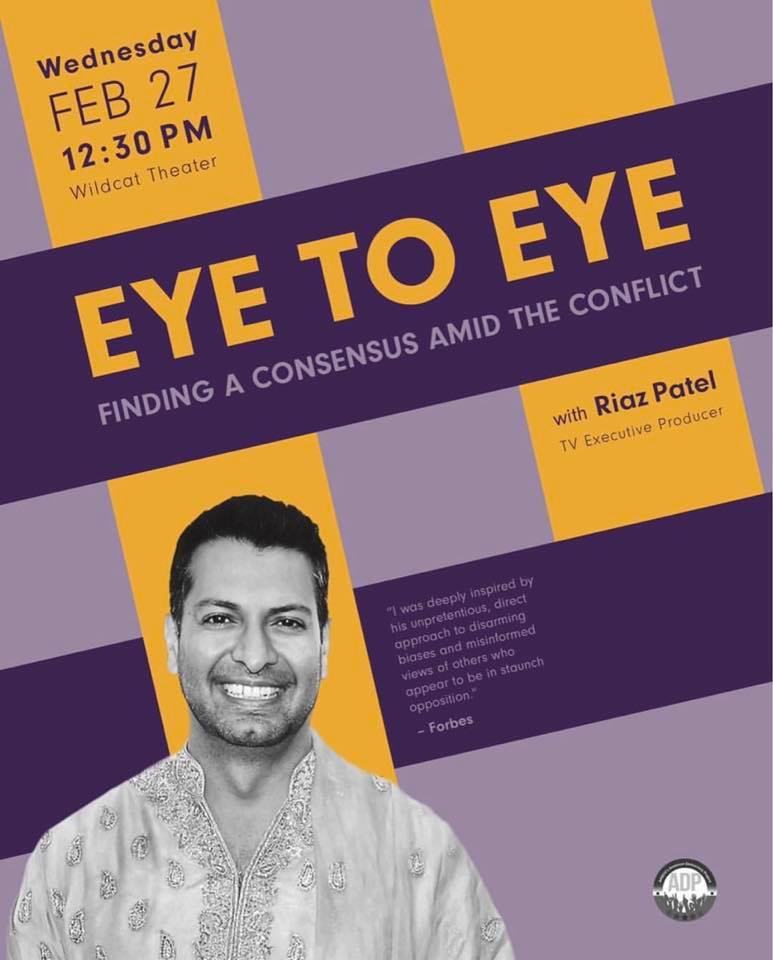
Riaz Patel, the twice-Emmy nominated producer for NBC, Discovery and the Oprah Winfrey Network, has made a life out of communicating in a media-driven world, and he’s got a rule for everyone about being a better communicator.
“Everything you need to know is in the time you aren’t talking,” Patel said during his talk at Weber State University.
WSU hosted Patel for an open-to-the-public panel on Feb. 27 called “Eye To Eye: Finding a Consensus Amid the Conflict”. Throughout the day, Patel also spoke to groups of students from five different organizations on campus, all with a single goal: talking about talking.
Patel sees our screen culture as limiting our perception of the world. He argued that we are rarely confronted with ideas or people different from us, and, therefore, we are uncomfortable having the conversations we need to have most.
“The American melting pot is sectioning itself off,” Patel said. “People are sticking with what they like and what they know. We don’t embrace those we don’t understand. In fact, we avoid them.”
Patel noted that screens, and specifically social media platforms like Facebook, make it so we don’t have to talk to people who are different from us.
“The screen world doesn’t challenge you, it caters to you,” Patel said.
Patel sees these platforms as encouraging fighting instead of generating successful discussions with potential for learning and growth.
Patel also noted that saying we should agree to disagree really just means that we are agreeing to stick to our viewpoint and not listen to the opposition. In order to have genuine conversations, we have to genuine intention to listen and understand what the other person has to say.
His talk also touched on home culture, where we grow up in homes that discourage speaking about religion and politics in public but allow and even encourage people to get in outrageous arguments about the same things online for everyone to see.
So how do we counteract the effects of the screen world? Patel encourages having uncomfortable conversations.
“I am particularly comfortable having uncomfortable conversions,” Patel said.
He went on to explain that his family immigrated to America from Pakistan when he was young. He grew up in America a Pakistani, Muslim immigrant. Patel is openly gay.
“My brown skin has dragged me into uncomfortable conversations I have had many times,” Patel said.
He spoke about the growth of our culture in terms of acceptance, but he told an unsettling story to remind the audience that America is far from perfect when it comes to being understanding and accepting.
He said he recently found out his neighbor had so adamantly requested her recycling stay in a separate bin from Patel and his husband’s because she thought she was in danger of contracting HIV/AIDS.
While Patel said he no longer feels in danger walking down the street, his sexual orientation still is considered abnormal.
“Its not the norm by far,” Patel said.
Patel shared another story about living in New York during the 9/11 attacks. On Sept. 12, he and his friends were giving blood because no one really knew what to do to help. While there, he was harassed on the street by people who yelled that they should kill him and his family.
Patel wanted to emphasize that because of the trials he has faced, he has come to understand that it may be better for people to ask questions and possibly learn something. Despite our automatic reaction to become defensive, we must have these conversations and answer questions.
“No question was offensive because the intention was nonjudgmental,” Patel said.
Patel commented on the importance of words universally, although he did note a political observation he has made.
“Words are to liberals as symbols are to conservatives,” Patel said.
Patel then spoke on his career in television and his recent encounters with podcasts.
Patel said that he expanded to podcasts from TV because he wanted to have real, beneficial conversations in a more dynamic format.
“Calm doesn’t bring in big view counts,” Patel said.
An unfortunate truth he pointed out was that podcasts are more likely to keep an audience’s attention longer because, without the visual aspect, he believes people aren’t as likely to click off.
Patel hosted a podcast where he took a panel of normal people, diverse in every way, and asked them to come up with five ways to keep our kids safe.
Patel really thought people who were vastly different would be able to persuade and see each other’s sides enough for that broad of a topic, so they could come up with the list.
They didn’t.
Patel was crushed. But, he came to realize that failure was at the heart of the matter. Different people come to the table knowing they are different, and that automatically shuts them off from thinking freely and being open to empathy toward another viewpoint.
“Humanity can work even when us humans get in the way,” Patel said. “You know what it’s like to be you. What is it like to be them?”
Patel has four rules about having a successful, open-minded, curiosity-driven, nonjudgmental conversation.
It has to be in person, both sides have to remember conversations are meant to be collaborative, think and then speak with one voice and check your intention to connect and understand.
At the end of the day, Patel reminded the audience that the best way to learn is to ask the experts, meaning those that live that way every day. Be sure to really listen to what they have to say and try to understand.
“Talk to those you don’t understand, tell them you don’t understand, but you would like to,” Patel said.











